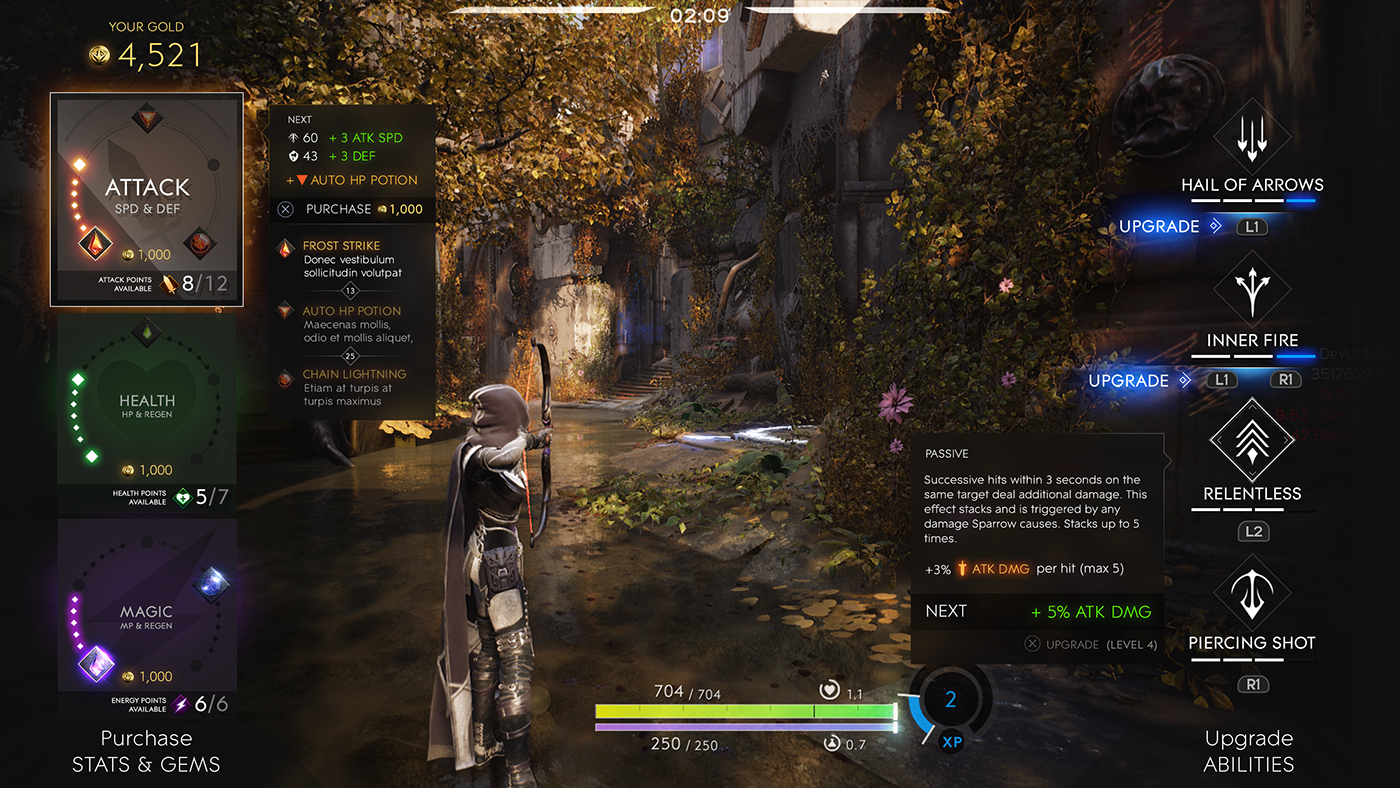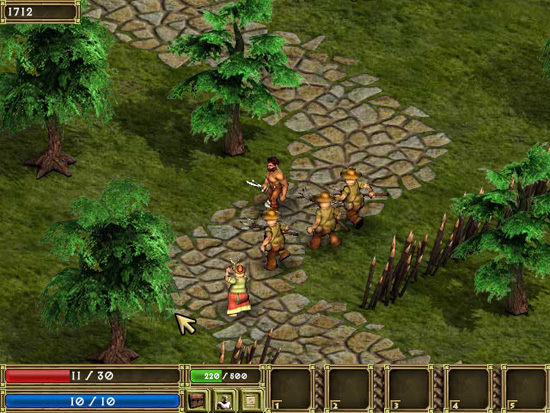

| Square Enixīut the more Abel runs around and goofs off, the clearer it becomes that Pankraz is more than he seems. An official translation and re-release eventually came West on the Nintendo DS. Like many "lost" SNES JRPGs, Dragon Quest V received a fan translation. You're shown, not told, that Abel is curious and playful. He visits a faerie realm and helps the sprites with a problem, an action that pays off later in the game-like many of the actions you take in Dragon Quest 5's first half. He rescues a kitten (who turns out to be a cub from Dragon Quest's vicious Sabrecat monster family) from tormenters. Abel becomes re-acquainted with an old friend, Bianca (whom you can marry later in the game), and they go on an adventure to explore a haunted castle.

Childhood Lost (and Buried)Īnother reason Abel is a successful mute hero is because Dragon Quest 5 gives him ample time to be a kid before taking everything from him. As someone who's thoroughly tired of capable kid characters being told to "go home" in all forms of media (like they're not going to sneak out, anyway), I still appreciate how Dragon Quest 5 puts your young self on the road from minute one. Many hours into the game, he'll fight alongside his kids while they finish the journey Pankraz started years ago. Not only does Dragon Quest 5's opening treat you to the best kind of father-son bonding, but it also echoes what Abel will experience down the road. Far from scolding his son and telling him to stay at home where it's safe (which, again, is an expected action for a warrior parent in an RPG), Pankraz lets Abel fight on the battlefield alongside him-though he doesn't let the boy come to any serious danger, of course. They wander freely and fight as necessary. Abel and Pankraz are treasure-seekers in a wild world that's a perfect fit for heroes and swords. I don't care who your father is." | Square Enixīy contrast, Dragon Quest 5's opening moments shock you with how normal they are. "Listen to me, lad: You quote Lonely Island an' you get keelhauled. They might quickly learn they're a font of mysterious power, which causes the superstitious villagers of their home town to turn on them. They might awaken a Great Evil while exploring forbidden ruins, or by touching some Ancient No-No Object. Usually they're the precocious child of a well-established family in a peaceful town (that's promptly put to the torch by raiders). When we're introduced to a very young lead character in an RPG, we expect them to adhere to certain tropes. Though Abel is troubled by nightmares, Pankraz chases away his worries with jovial words and an easy laugh.ĭragon Quest 5's unusual set-up helps nab your attention from the get-go. He and his father, Pankraz, are only finally pulling into port after spending years searching for an unnamed something or someone. When we first meet Abel, we learn he's surprisingly well-travelled for a youngster. Beating Up Slimes with Dad: The Best Kind of Road Trip

The words and antics of a thousand RPG characters have filtered through my right ear and exited out my left, but over the years I never forgot my succinct interlude with Abel. Moreover, on the single occasion Abel does talk, it's one of the most heartbreaking moments in the game. Dragon Quest V isn't the prettiest RPG on the SNES, but glamor isn't the only endgame.

It's rare for a silent hero to deliver as much of an impact as Abel, but it's also rare for an RPG to make its lead character grow up, suffer, and then prosper and triumph as successfully as Dragon Quest 5 does. Much of Dragon Quest 5's power lies with its protagonist-canonically named "Abel"-which is an interesting thing to say about a mute character (the "Buttoned-up Lead Character" continues a long-standing tradition for Dragon Quest heroes, and indeed, for many RPG heroes, period). Not bad for a Super Famicom RPG published in 1992. It takes you around the world, tells a multi-generational story threaded with seriously impactful moments and quality character development, and its battle system introduced serious monster-taming mechanics ages before Pokemon infiltrated pop culture. If we ever start acting more carefully about branding games as epics, however, I believe Square Enix's Dragon Quest 5 has every right to occupy that lofty tier. I'm not a member of the Word Usage Police (I hope to be accredited by summertime). Should we really hand the recognition to games so freely? What makes a game epic, though? In literature, the descriptor is usually reserved for works of tremendous cultural significance, like The Odyssey and Paradise Lost. When we praise video games, we sling around the term "epic" like it carries no weight.


 0 kommentar(er)
0 kommentar(er)
